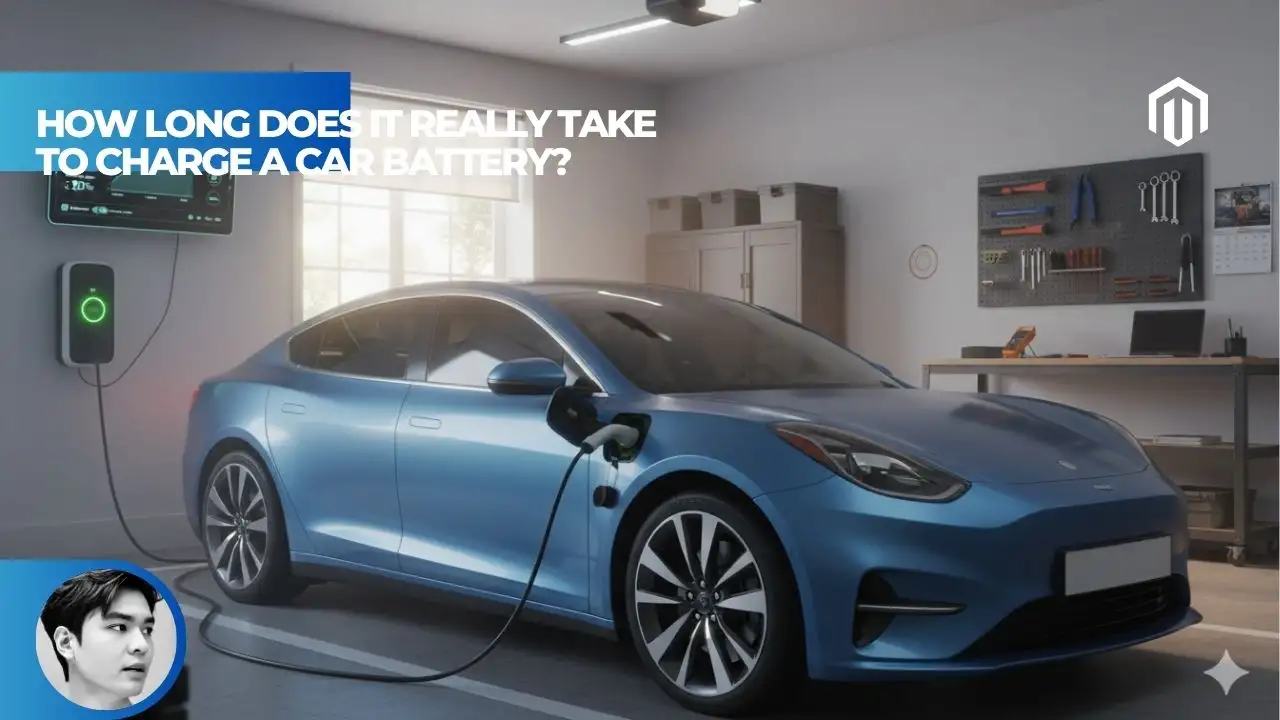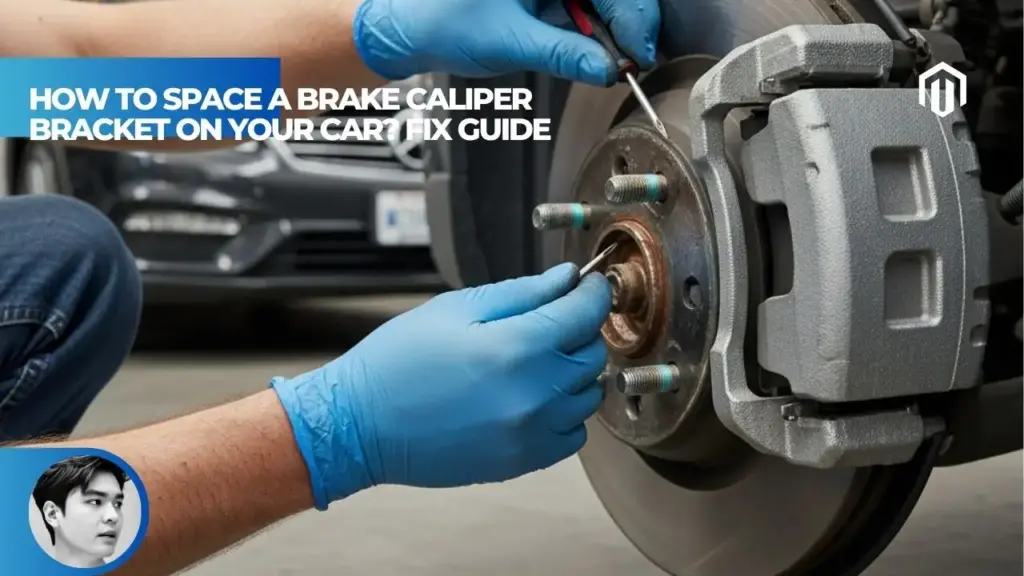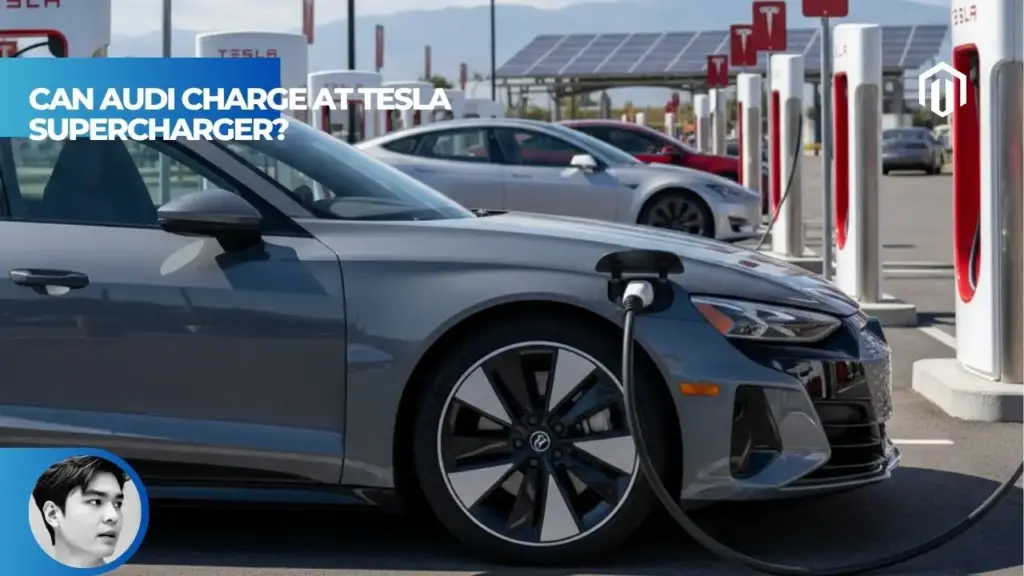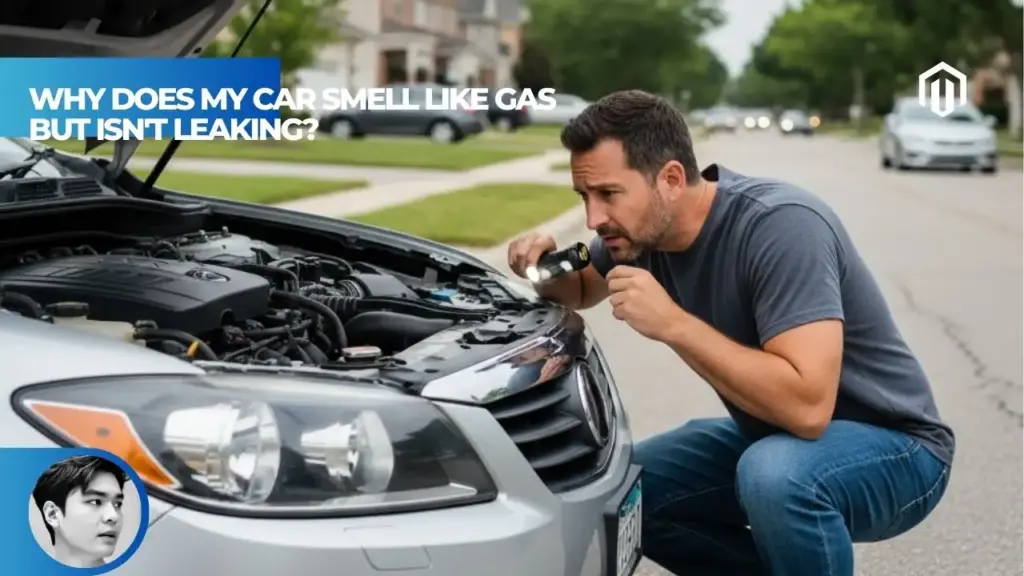You may also like:
- 【Explained】What Did BMW Start Making Before Cars? (From Planes to Cars)
- 【Explained】What Is More Expensive: BMW or Mercedes? (Cost of Ownership)
- 【Explained】Can BMW Charge at Tesla Supercharger? The NACS Adoption Timeline Explained
- 【Explained】What Is More Reliable: BMW or Mercedes? (Repair Costs)
- 【Explained】What Is the Latest BMW Software Update? (A Step-by-Step Guide)
Two major automakers are stepping in to replace the expired federal electric vehicle tax credit with their own discount programs. BMW and Stellantis announced separate initiatives to maintain the $7,500 savings that disappeared when the Trump administration ended the program on September 30.
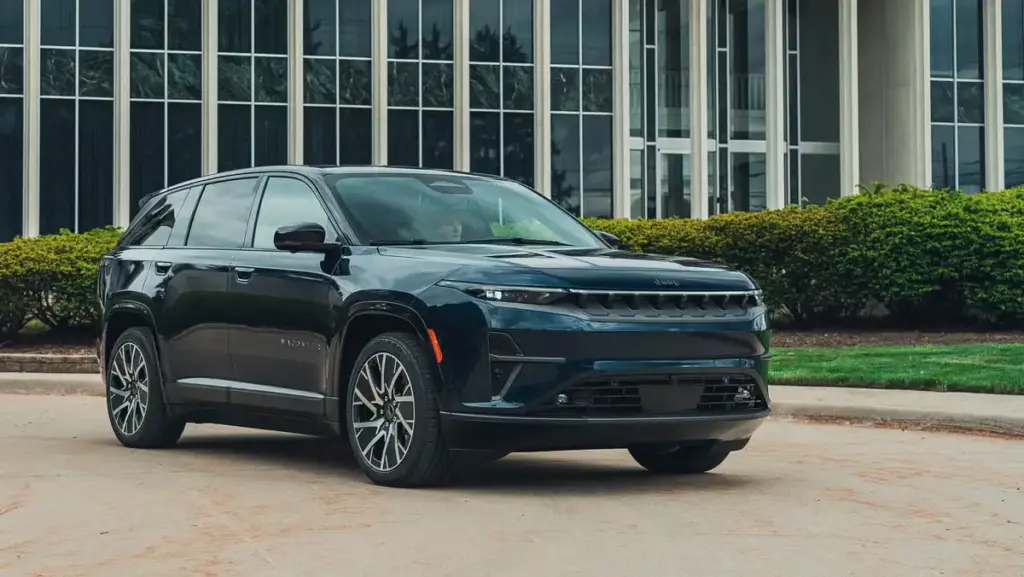
BMW Covers Full EV Lineup
BMW’s program offers $7,500 off the manufacturer’s suggested retail price across its entire electric vehicle range. The discount applies to high-end models including the 2025 BMW i7 M70 with its $169,675 price tag, making luxury EVs more accessible to buyers.
The German automaker is combining the purchase credit with 2.99% financing for up to 60 months and loyalty rewards up to $5,000. Unlike the previous federal program, BMW’s offer has no income caps or vehicle price limitations.
For plug-in hybrids, BMW takes a more selective approach. The company provides $5,000 off the 750e xDrive sedan while excluding the 550e and X5 xDrive50e from the program.
Stellantis Matches Credit for Inventory
Stellantis is replicating the full EPA tax credit program for electric and plug-in hybrid vehicles already on dealer lots. The offer covers seven models including the Alfa Romeo Tonale, Chrysler Pacifica, Dodge Charger Daytona, Dodge Hornet R/T, and three Jeep variants.
The program provides varying discount amounts across different models. The Jeep Wagoneer S receives $7,750 in bonus cash, while the Dodge Hornet R/T gets $6,250 off its base price, lowering it to $35,395.
Limited Time Windows
Both manufacturers have imposed tight deadlines for their programs. BMW customers must take delivery by November 1, while Stellantis extends its deadline to November 3.
The Stellantis program carries additional uncertainty since it only applies to existing dealer inventory. Once current stock sells out, the discounts disappear, potentially ending the program earlier than the November deadline.
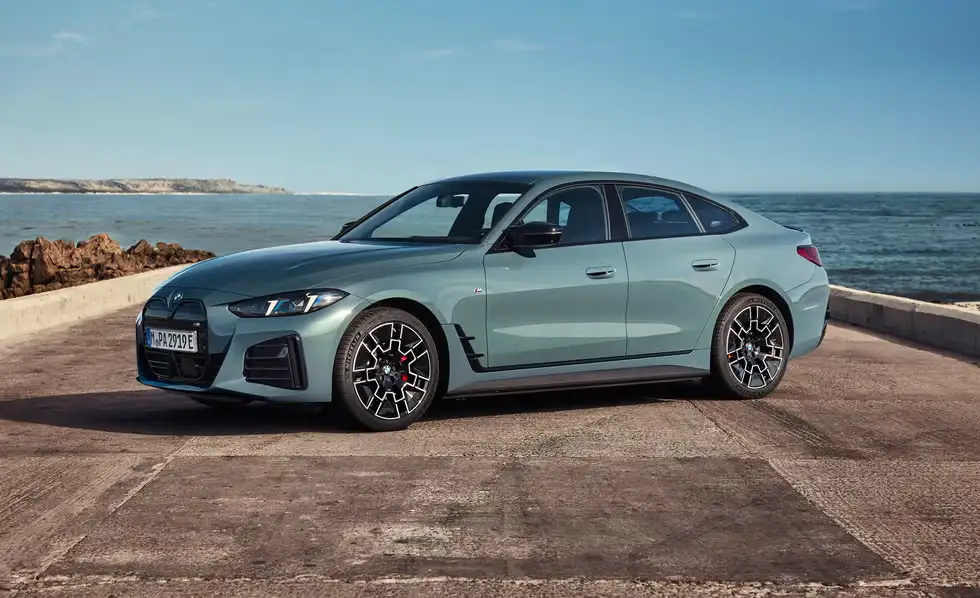
Industry Response to Policy Change
These private rebate programs follow similar moves by Ford, General Motors, and Hyundai to maintain EV incentives after the federal deadline. Automakers worried that the sudden $7,500 price increase would hurt electric vehicle adoption just as the technology gains momentum.
The initiatives reflect manufacturers’ desire to sustain demand while how long does it take to buy a car becomes more complex without federal support. Electric vehicle sales had surged in recent months as buyers rushed to secure tax credits before the September 30 expiration.
For consumers considering electric vehicles, these manufacturer programs provide temporary relief from higher prices. However, the limited timeframes and inventory restrictions mean interested buyers need to act quickly to secure the savings.

I am a senior automotive analyst at Autvex. Expert vehicle evaluations, in-depth reviews, and objective analysis helping readers make informed automotive decisions with years of industry experience.

